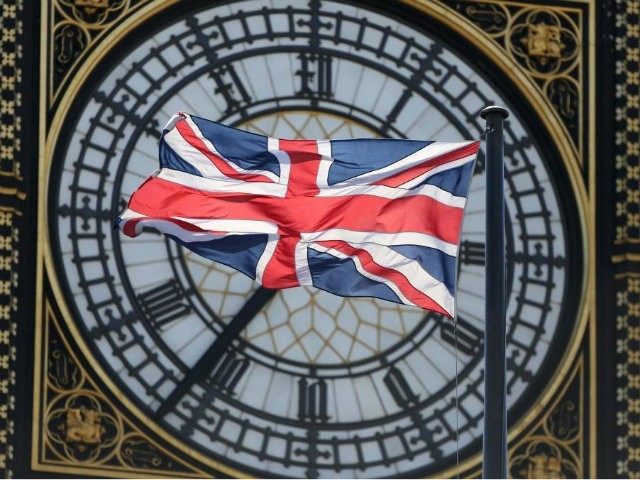(Reuters) – Like millions of other British voters, Karl Wakeman supported Margaret Thatcher’s Conservatives in the 1980s and then Tony Blair’s New Labour in the late 1990s. But now, as Britain heads towards a general election on May 7, the 49-year-old from Gloucester has no time for either of the two parties that have dominated British politics for decades.
In his eyes, the last Labour government bungled its handling of the European Union, mass immigration and the country’s finances. He thinks the present Conservative-led coalition has done little better.
“They may say the economy is doing okay, but people like me don’t feel it,” he said. Wakeman went to work straight from school, is married with two children, owns his home and has worked all his life – until recently. A former employee of a tool-hire company, he’s been made redundant twice in the past 18 months. He feels neglected and let down. “The main parties aren’t interested in people like me,” he said.
So on May 7 he’s going to vote for the United Kingdom Independence Party (UKIP), a populist group that deplores the EU and mass immigration. Many other voters look set to follow suit. Though UKIP won just 3.1 percent of the votes in the 2010 election, polls suggest it could win 13 percent in 2015, draining support from the Conservatives and, to a lesser extent, from Labour.
UKIP is not the only deep fissure in Britain’s political landscape. The Scottish National Party, which won just 1.7 percent of the vote and six parliamentary seats in 2010, is enjoying a surge in popularity. Polls suggest it could win more than 40 of the 59 seats Scotland has in the national parliament. That would likely give the SNP a powerful say in who forms the next government. England’s 38 million voters may find themselves at the mercy of Scotland’s 4 million.
Read more at Reuters

COMMENTS
Please let us know if you're having issues with commenting.